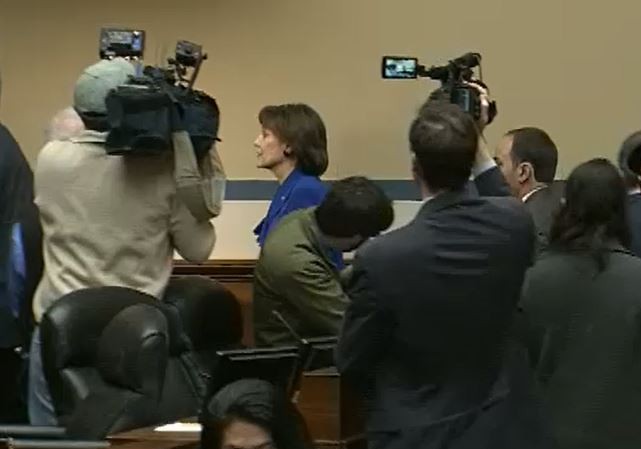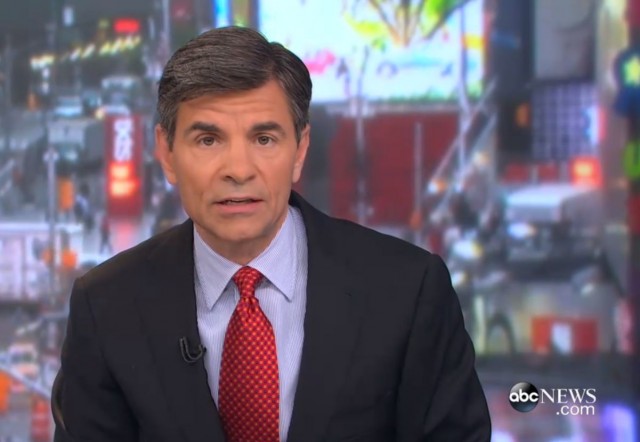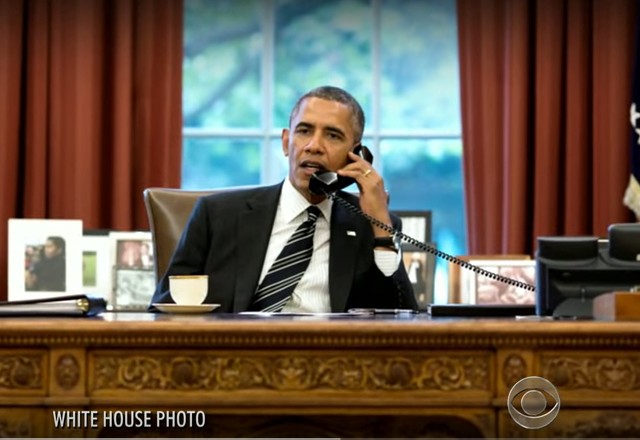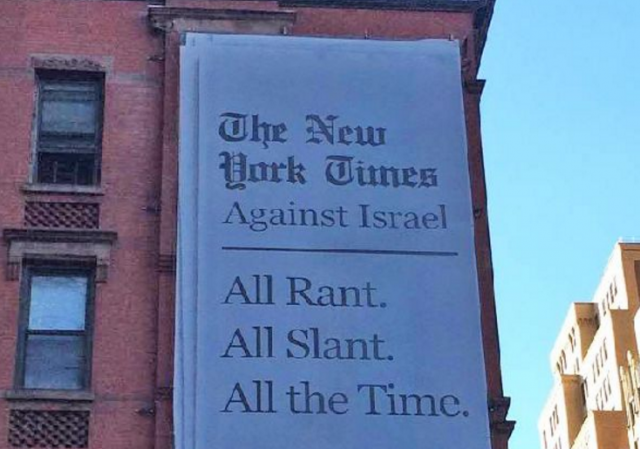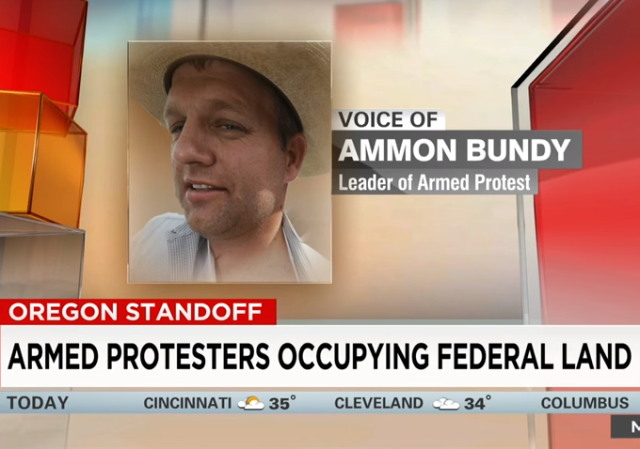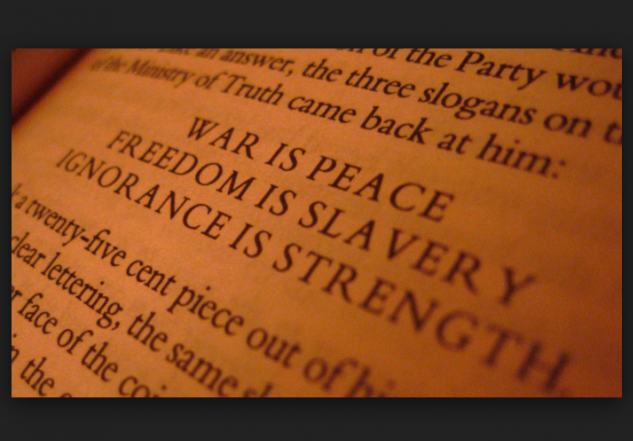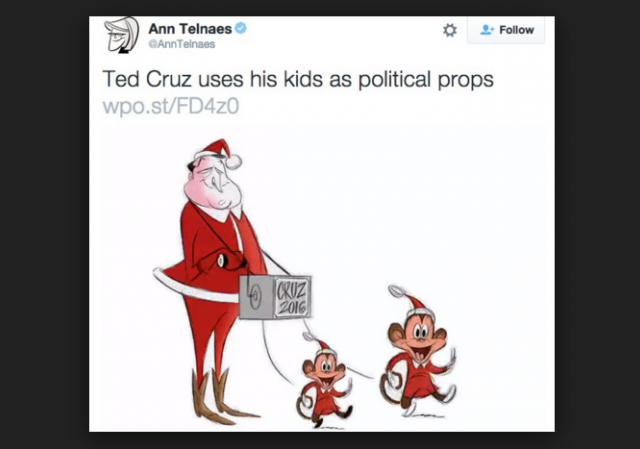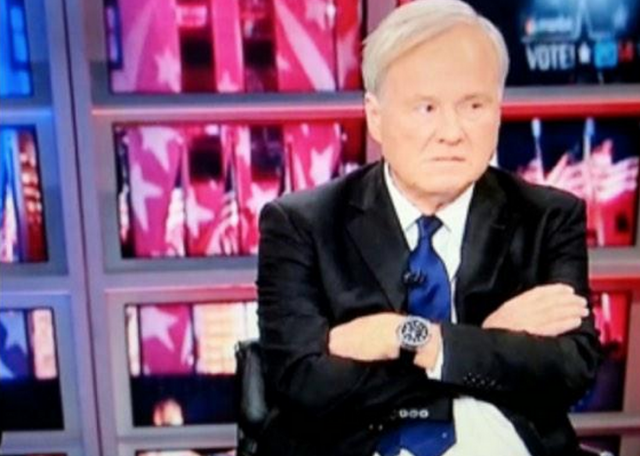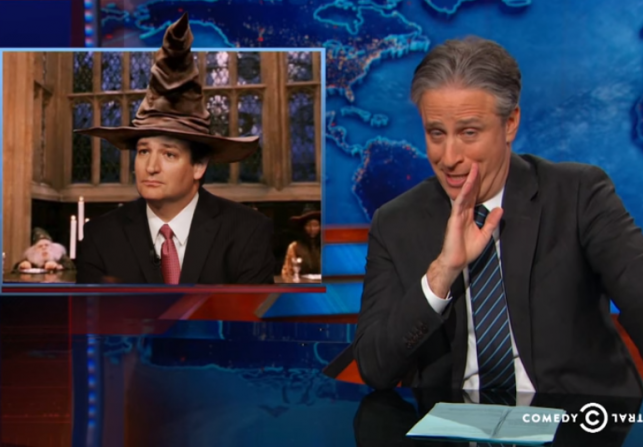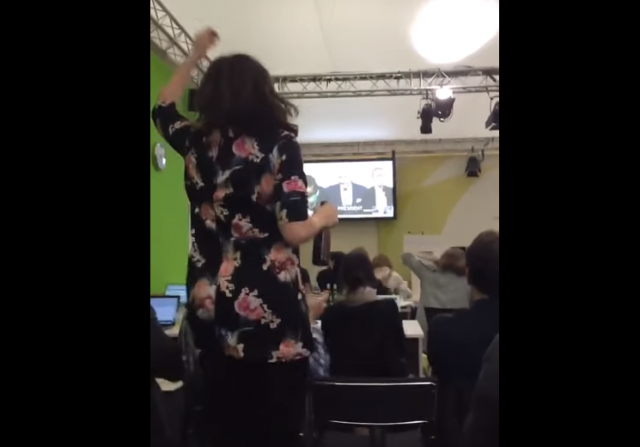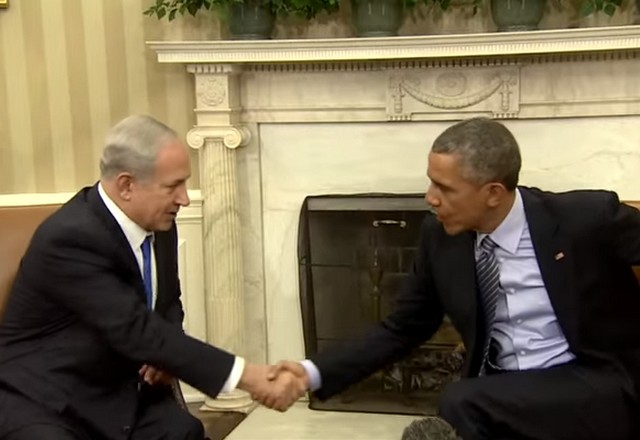Tea Party Class Action Against IRS Abuse May Proceed
on January 19, 2016
11 Comments
Tea Party groups won a major victory last week, when Judge Susan J. Dlott of the United States District Court for the Southern District of Ohio certified a class of Tea Party organizations that allege the IRS intentionally delayed their applications for preferential tax treatment based on their political viewpoints.
Winning class certification in NorCal Tea Party Patriots v. Internal Revenue Service is a big deal, because it means the Court has already made several determinations, all of which favor the class. The Court has determined that the number of Tea Party groups effected by the IRS's alleged behavior is so numerous that they can proceed together as a class. The Court has also determined that all of the Tea Party groups have valid legal claims against the IRS which share common legal issues; in other words, that the IRS has treated them all the same way.
Having survived the hazardous class certification step, the Plaintiffs will now get substantive discovery from the IRS and from third parties. As the Washington Times summarized:

